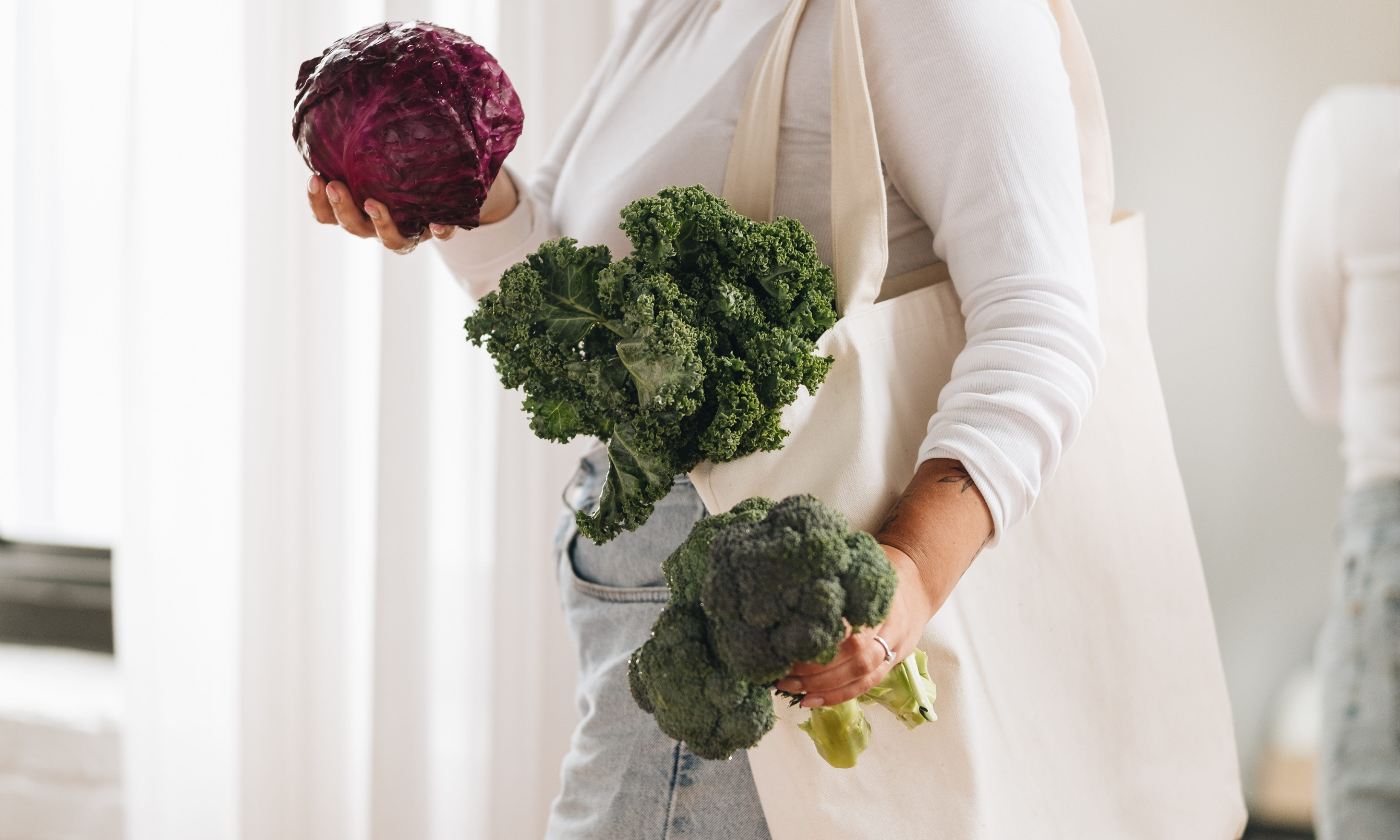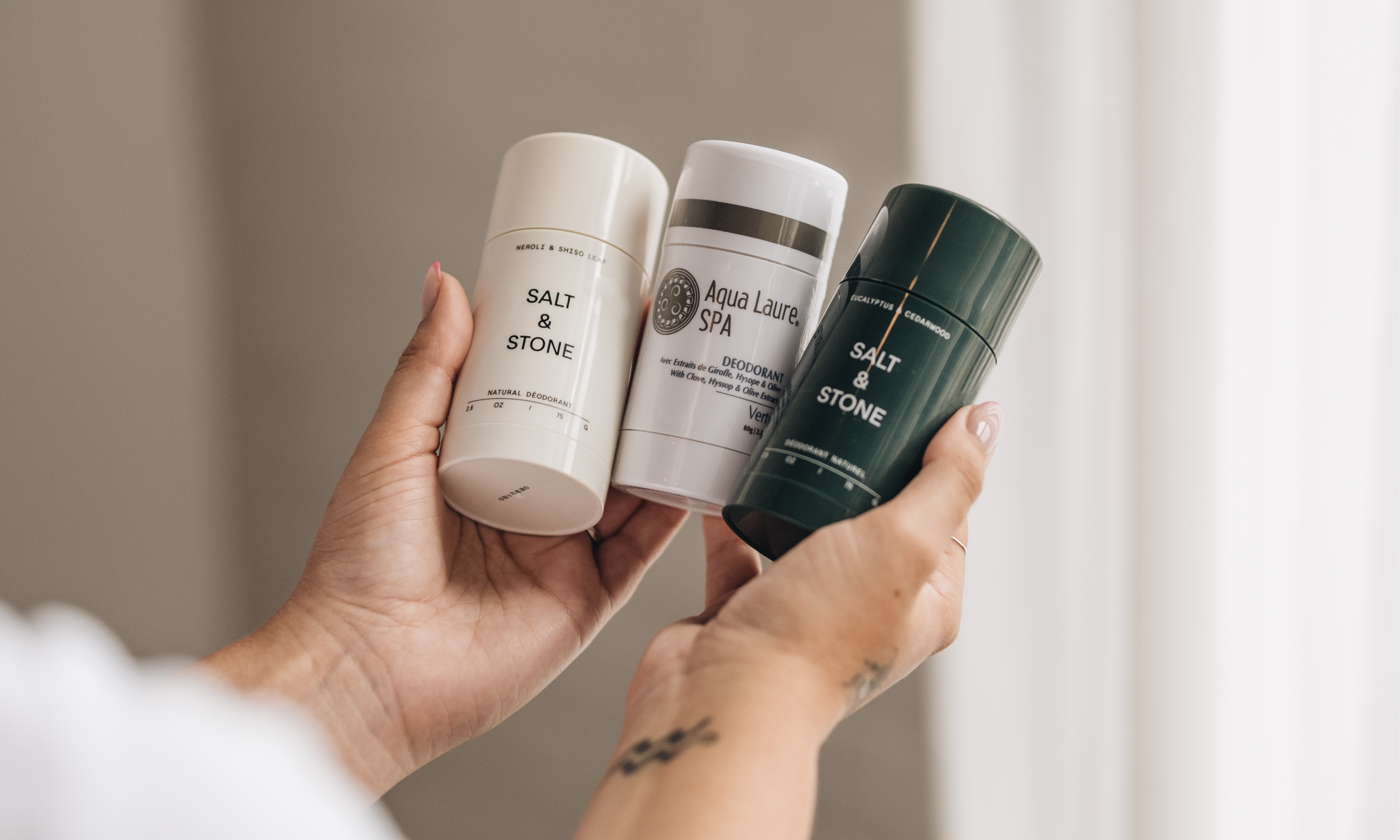
The 2023 Superfoods You Need to Know About
The term "superfood" is often thrown around to refer to foods that are particularly nutrient-dense and beneficial for health, as they are typically rich in vitamins, minerals, and antioxidants. While there are now so many foods that can fit this profile, here are a few that outperformed others and that we believed deserved to be highlighted in 2023:
FERMENTED FOODS
Anything fermented is always a good choice. Fermented foods, such as tempeh, kombucha, sauerkraut, kimchi, yogurt, and even pickles can provide us with a range of health benefits. This includes improved digestion, enhanced nutrient absorption, and strengthened immunity.
This is due to the beneficial bacteria known as probiotics; the live microorganisms that fermented foods carry and come to boost the health of our gut microbiota (which plays a crucial role in our digestion, immune function, and overall well-being).
The fermentation process increases the nutritional value of the food by enhancing the bioavailability of certain nutrients. Fermentation can break down complex compounds into simpler forms that are easier for our bodies to digest and absorb–something that sensitive tummies can be thankful for!
CRUCIFEROUS VEGETABLES
Cruciferous vegetables, such as broccoli, kale, cabbage, brussels sprouts, and cauliflower, are packed with essential nutrients like vitamins C, K, and E, folate, and minerals like potassium and calcium.
They are also a good source of dietary fiber and are known for their powerful anti-inflammatory benefits, which may be an asset in the fight against cancer. Loading up on some veggies every meal is a great way to keep the entire body healthy and balanced!
POLYPHENOLS (GINGER & TUMERIC)
Polyphenols have gained lots of attention lately due to their health benefits. They are widely distributed in fruits, vegetables, whole grains, tea, coffee, cocoa, and various other plant-based foods.
Specific polyphenols, such as berries, are known for their strong antioxidant activity. They can scavenge and neutralize harmful free radicals in the body, reducing oxidative stress and damage to cells.
By reducing these radicals, polyphenols can ultimately help protect against chronic diseases such as cardiovascular disease, neurodegenerative disorders, and certain types of cancer.
Polyphenols also exhibit anti-inflammatory properties, by modulating inflammatory pathways and reducing the production of inflammatory molecules in the body. Ginger and turmeric, for example, are best known for this!
While no single food can provide all the nutrients needed for optimal health, incorporating a variety of these foods (and all other nutrient-rich options) into your diet is important and essential for your skin’s health.
Until next time, take care of yourself–from the inside out!
The BSE Team











Leave a comment
This site is protected by hCaptcha and the hCaptcha Privacy Policy and Terms of Service apply.